Strategically positioned in East Africa and home to over 56 million people, Kenya has rapidly emerged as a major force in financial innovation, both within the region and across the broader Middle East and Africa (MEA). Its capital, Nairobi, has earned the nickname “Silicon Savannah,” a nod to its flourishing tech ecosystem and growing reputation as a hub for fintech and digital infrastructure across the continent.

This transformation hasn’t gone unnoticed. Global technology and financial giants have taken significant steps to establish a presence in the country. Microsoft, for example, chose Nairobi as the site for its African Development Centre and went on to launch the Microsoft Africa Research Institute, the first of its kind on the continent. Visa followed suit by opening its inaugural African innovation studio in the city, joining a select network that includes London, Singapore, and San Francisco.
These investments are more than symbolic; they reflect the strong momentum building within Kenya’s FinTech sector. In just the first quarter of 2024, the country secured $482 million in venture capital funding, exceeding the total for all of 2023. This surge in capital, coupled with the official launch of the Nairobi International Financial Centre (NIFC), has created an increasingly attractive environment to financial service providers and global investors.
Today, Kenya stands alongside Nigeria, South Africa, and Egypt as one of Africa’s top four FinTech hubs. With a dynamic startup landscape, a supportive regulatory framework, and growing international interest, Nairobi is no longer simply keeping pace with global fintech trends. It is helping to define them.
Overview of the payments market in Kenya
Kenya has one of the most advanced and inclusive payments ecosystems in Africa. Anchored by early mobile money innovation and a tech-savvy population, the country has built a robust framework that serves both banked and unbanked populations. Kenya’s digital payments market continues to expand, with a projected compound annual growth rate (CAGR) of 14.1% between 2024 and 2028. By 2028, the market value is expected to reach US$14.54 billion.
Mobile money dominance
The Kenyan payments market is best known for M-Pesa, Safaricom’s mobile money service launched in 2007. As of 2024, M-Pesa processes over 61 million transactions daily and serves more than 50 million active users in Kenya alone. It accounts for a significant share of digital payments, from peer-to-peer transfers to bill payments, merchant transactions, savings, and lending.
Other mobile money platforms like Airtel Money and Telkom’s T-Kash also operate in the market, though M-Pesa remains the dominant player.
Growth of digital and card-based payments
While mobile money leads, card payments and digital banking services are gaining ground, particularly in urban centres. The use of debit and credit cards has grown steadily, driven by increased point-of-sale (POS) terminal penetration and the rise of contactless payments.
Banks and fintech companies are also offering digital wallets, QR code payments, and mobile banking apps. Partnerships between banks, telcos, and fintechs are expanding the range of services available, especially in e-commerce and utility bill payments.
Fintech and payment gateway innovation
Kenya is home to several emerging payment gateway providers such as PesaPal, DPO Group, and Cellulant, which enable online and in-person payment processing for businesses. These platforms support multiple payment methods, including cards, mobile money, and bank transfers.
Fintech startups are also developing merchant wallets, bulk payments tools, and cross-border payment solutions to serve SMEs, gig workers, and remittance users.
Regulatory support and financial inclusion
The Central Bank of Kenya (CBK) plays a key role in maintaining the stability of the payments ecosystem while promoting financial inclusion. It has supported open banking discussions, interoperability across mobile money platforms, and risk-based KYC requirements to simplify onboarding.
As a result, over 83% of adults in Kenya now have access to formal financial services, largely through digital channels.
Kenya’s FinTech funding landscape
In 2024, Kenya secured $638 million in startup funding, the highest in Africa. This accounted for 29% of the continent’s total funding and 88% of East Africa’s share. Yet, FinTech companies in Kenya attracted just 13% of equity funding, compared to over 40% in earlier years. The shift signals growing investor interest in other sectors like cleantech.
However, FinTech remains strong in debt financing, attracting 34% of Kenya’s $382 million in debt funding, a clear sign of sector maturity and growing trust in repayment capacity.
Bridging the funding gap: Seed vs. Series A in African Fintech
The transition from seed to Series A funding remains a significant hurdle for African fintech startups. While seed funding has become more accessible, with average deal sizes reaching $1.6 million in 2024 (a 26% increase from the previous year), only about 5% of these startups successfully secure Series A funding. This conversion rate is approximately 85% lower than the global average, highlighting the challenges in scaling operations and attracting growth-stage investments.
Series A funding, aimed at scaling operations and expanding market reach, has seen a decline in average deal sizes, dropping to $8.7 million in 2023 from $15 million in 2022. Investors at this stage are increasingly selective, prioritising startups with strong financial performance, operational efficiency, and clear paths to profitability. Notably, 90% of successful Series A FinTech startups in 2023 demonstrated gross margins exceeding 50%, underscoring the emphasis on financial health and scalability.
For Kenyan FinTech companies, navigating this funding landscape requires strategic planning, robust financial management, and a focus on sustainable growth to bridge the gap between early-stage funding and long-term success.
Key funding challenges for FinTech Kenya startups
Despite high potential, FinTech startups in Kenya face well-documented challenges:
1. Early-stage capital bottlenecks
Founders often lack the working capital needed to demonstrate traction, yet investors hesitate to commit funds without proven results.
2. Pattern-based investment bias
Startups outside global accelerator programs or elite academic networks struggle to attract investor interest.
3. High cost of foreign debt
Currency depreciation across East Africa makes foreign loans expensive, with effective rates exceeding 18%.
4. Gaps in investor storytelling
Many founders excel at product development but lack the financial jargon and storytelling skills investors expect.
5. Internal readiness issues
Common pitfalls include poor documentation, mixed personal and company funds, and regulatory blind spots.
Addressing the funding gap: what’s next?
To build a resilient digital finance sector, stakeholders must tackle these bottlenecks head-on:
Dedicated FinTech growth fund
Kenya needs a tiered investment fund focused on scaling local fintech firms, from Series A to pre-IPO. The government and institutional investors could take inspiration from similar funds in South Africa, Rwanda, and the UK.
Policy support and startup incentives
The Startup Bill, 2020 and initiatives like Startup Savanna and KIEP offer promising foundations. These should be implemented and scaled to reach more companies across Nairobi and beyond.
Capital market access
Fintechs should be encouraged to explore alternative listing options on the Nairobi Securities Exchange (NSE), including the Growth Enterprise Market Segment (GEMS).
Crowdfunding and alternative finance
The Capital Markets Authority has taken steps toward regulating crowdfunding, an essential move for democratising early-stage funding and attracting diaspora money back into the ecosystem.
Strengthening industry collaboration
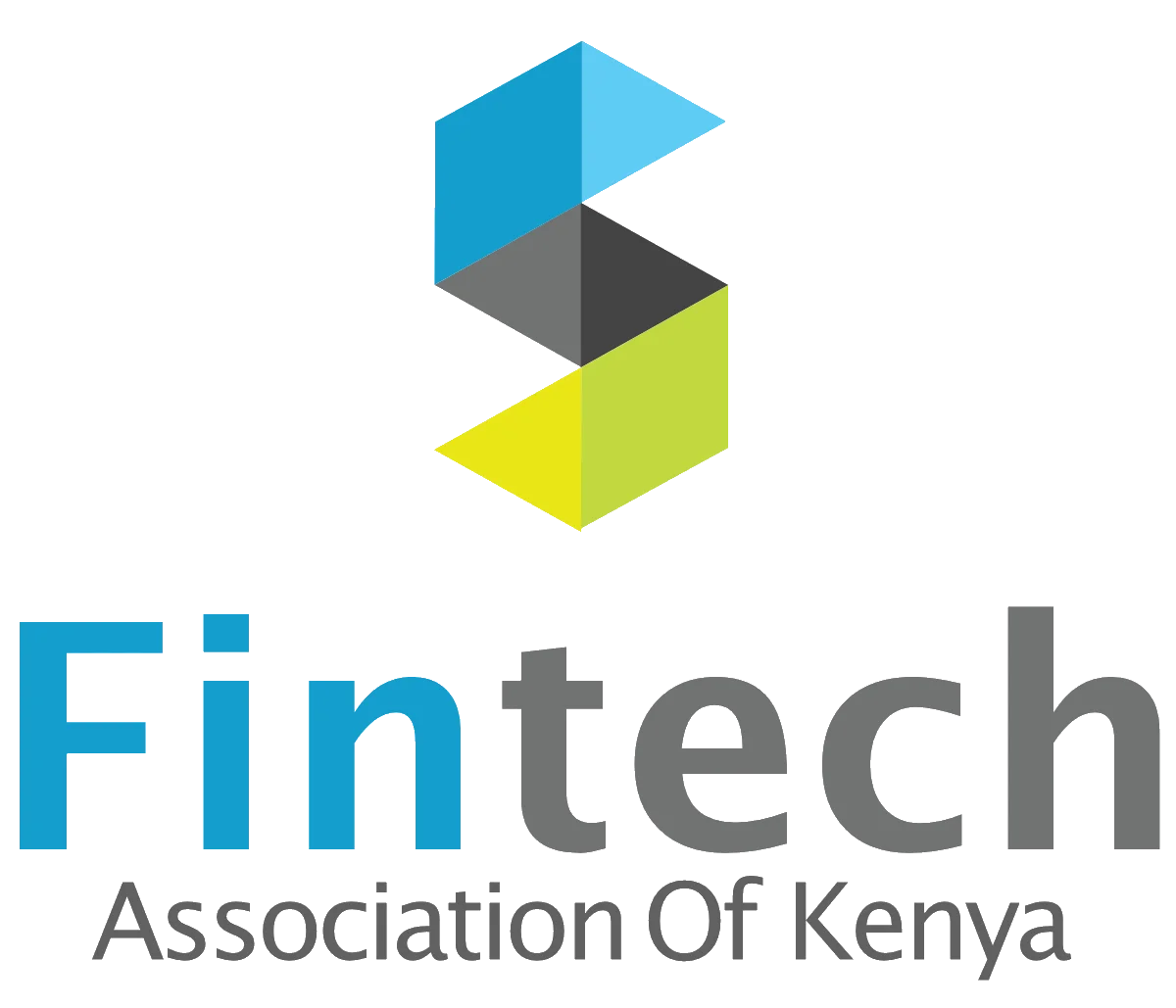 The Fintech Association of Kenya plays a critical role in advocating for policy changes, connecting startups to investors, and promoting knowledge sharing. It’s a community-driven organisation that helps fintech companies navigate challenges, connect with each other, and have a say in shaping policies that affect the industry. Whether it’s through events, partnerships, or discussions with government bodies, the association works to make Kenya a better place to build and scale financial technology solutions.
The Fintech Association of Kenya plays a critical role in advocating for policy changes, connecting startups to investors, and promoting knowledge sharing. It’s a community-driven organisation that helps fintech companies navigate challenges, connect with each other, and have a say in shaping policies that affect the industry. Whether it’s through events, partnerships, or discussions with government bodies, the association works to make Kenya a better place to build and scale financial technology solutions.
Top FinTech companies in Kenya 2026
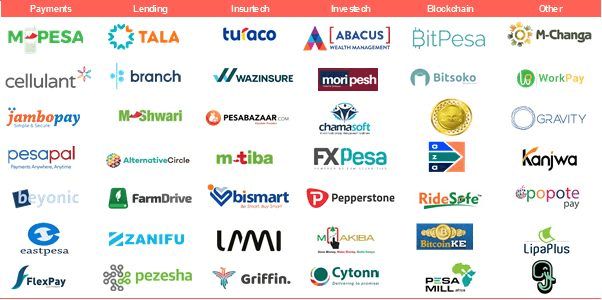
Kenya FinTech Map
Image source: TheFinTechTimes
As of 2023, Kenya had 102 fintech companies, accounting for 15% of Africa’s fintech startups, according to Disrupt Africa’s Finnovating for Africa 2023 report. This placed Kenya as the third-largest FinTech market on the continent, behind Nigeria with 217 startups (32% share) and South Africa with 140 startups (20.6%). While updated figures for 2024 are not yet publicly available, Kenya’s fintech ecosystem continues to expand, driven by demand for accessible financial services, mobile-first infrastructure, and supportive regulatory frameworks.
The following startups exemplify Kenya’s growing influence in Africa’s digital finance landscape:
| Company | Focus Area |
|---|---|
| M-Kopa | Asset financing (phones, solar kits, appliances) |
| Tala | Microloans and alternative credit scoring |
| Cellulant | Pan-African digital payments infrastructure |
| Pezesha | SME lending via peer-to-peer marketplace |
| Jumo | Infrastructure for mobile credit and savings |
| Chipper Cash | P2P transfers and crypto trading across Africa |
| AZA Finance | Cross-border business payments and currency exchange |
| Branch | App-based lending with automated credit scoring |
| PesaPal | Payment gateway solutions for online and in-person sales |
| Lendable | Debt financing platform for fintech lenders in Africa |
These companies reflect Kenya’s ability to innovate across payments, credit, infrastructure, and international money movement.
Top FinTech Software Development Companies in Kenya 2026
Behind many of Kenya’s most innovative FinTech solutions are local and international software development firms that provide the technical foundation for digital wallets, payment processing, lending systems, and core banking tools. These providers enable FinTech companies to scale faster, meet compliance needs, and deliver secure financial products.
Here are some of the top FinTech software development companies active in Kenya:
1. SDK.finance
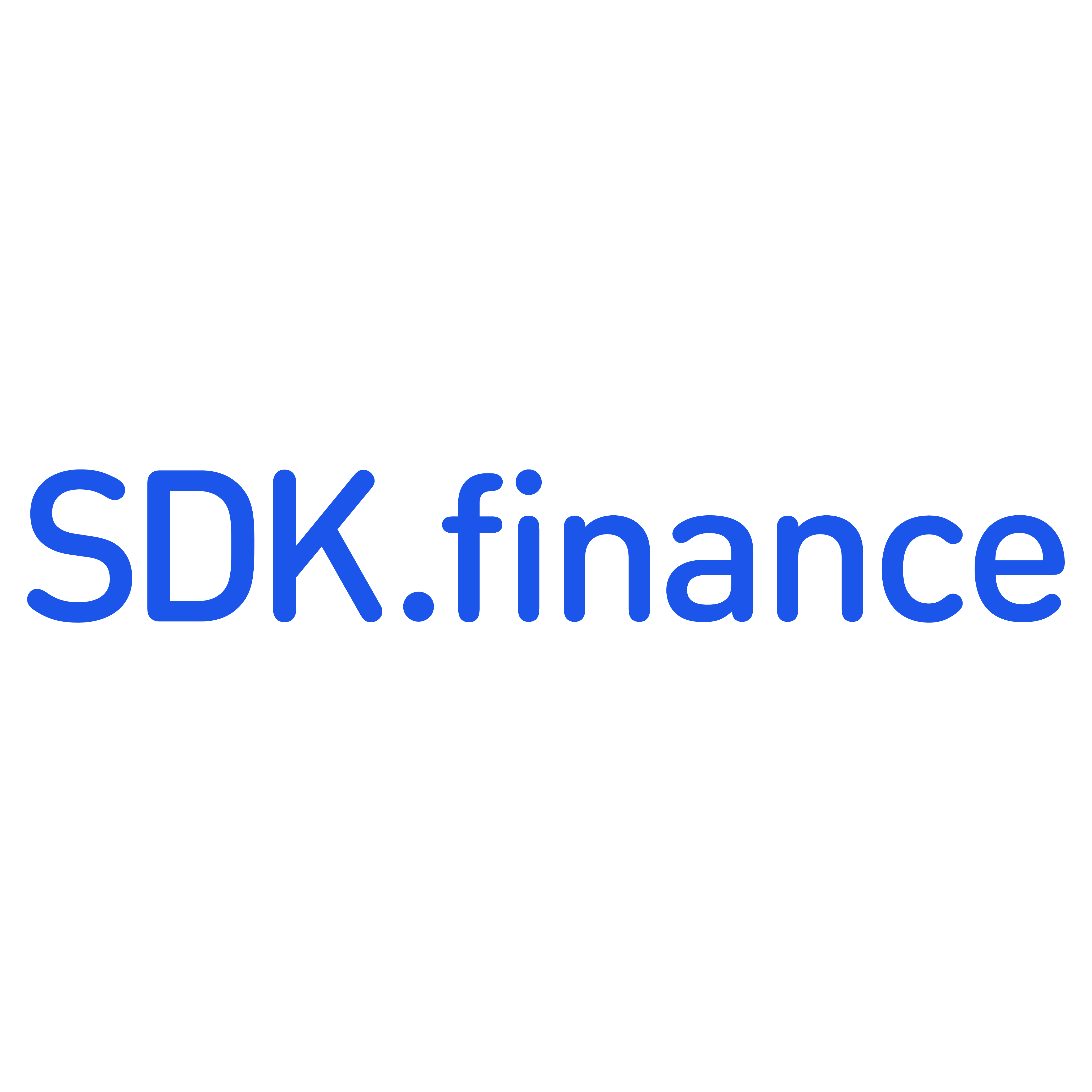 With over a decade of experience in the FinTech space, SDK.finance is a European-based software provider offering a modular, API-first platform for building payment and digital banking products. The company works with financial institutions, startups, and non-bank providers globally, including clients in Kenya, helping them launch solutions like ewallets, payment gateways, and neobanking apps. SDK.finance offers both SaaS and source code licence options, making it a strong fit for firms seeking flexibility and control.
With over a decade of experience in the FinTech space, SDK.finance is a European-based software provider offering a modular, API-first platform for building payment and digital banking products. The company works with financial institutions, startups, and non-bank providers globally, including clients in Kenya, helping them launch solutions like ewallets, payment gateways, and neobanking apps. SDK.finance offers both SaaS and source code licence options, making it a strong fit for firms seeking flexibility and control.
SDK.finance list of products includes:
- Digital wallet solution – for launching secure, multi-currency wallets with crypto support
- Closed-loop wallet system – ideal for marketplaces, gig platforms, super apps and corporate ecosystems
- Core banking software – built-in support for ledgers, account management, and compliance
- Payment processing engine – real-time transaction processing across channels
- Card issuing support – works with BIN sponsors to offer branded debit cards
- Super app backend – a flexible core for building finance-first super apps
- Merchant payment acceptance – for online checkout, QR payments, and offline POS
- Payout and bulk payments tools – Suitable for payroll, vendor disbursements, and B2B use cases
- White-label mobile payment app – ready-to-customise payment app
- Currency exchange solution – for FX services within digital banking environments
2. Intrepid Data Systems
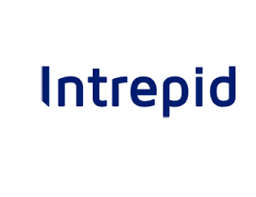 Nairobi-based Intrepid specialises in tailored software for banks, microfinance institutions, and other financial service providers. Their offerings include payments, transaction monitoring systems, and integrations with mobile money platforms.
Nairobi-based Intrepid specialises in tailored software for banks, microfinance institutions, and other financial service providers. Their offerings include payments, transaction monitoring systems, and integrations with mobile money platforms.
3. Craft Silicon
![]() A veteran in the region’s tech space, Craft Silicon offers banking and microfinance solutions, mobile banking platforms, and digital loan management systems. Their software is widely used across Africa and parts of Asia.
A veteran in the region’s tech space, Craft Silicon offers banking and microfinance solutions, mobile banking platforms, and digital loan management systems. Their software is widely used across Africa and parts of Asia.
4. Africa’s Talking
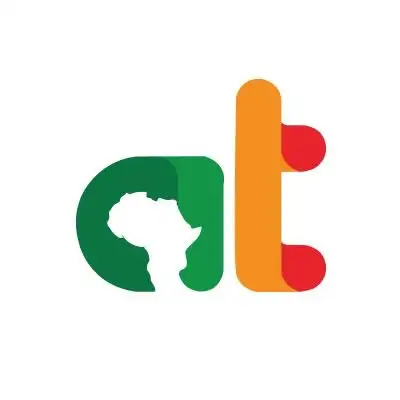
Known for its robust API suite, Africa’s Talking supports developers with tools for SMS, USSD, and payments. Many Kenyan FinTech companies rely on their infrastructure for communication and payment integration.
5. Andela Kenya
 Andela connects companies with vetted engineering talent across Africa, including Kenya. Their developers are engaged in building FinTech apps, backend systems, and secure transaction infrastructure for both startups and global players.
Andela connects companies with vetted engineering talent across Africa, including Kenya. Their developers are engaged in building FinTech apps, backend systems, and secure transaction infrastructure for both startups and global players.
Whether it’s launching a new product or modernising legacy systems, these development companies play a pivotal role in shaping the digital financial services landscape in Kenya and beyond.
Top FinTech events in Kenya

Kenya hosts several prominent FinTech events that bring together industry leaders, innovators, and stakeholders from across Africa and beyond. Here are some of the top fintech events in Kenya:
- Africa Fintech Summit (AFTS)
- Africa Fintech Live
- Africa Tech Summit
- Connected Banking Summit – East Africa
- East African Investment Forum (EAIF)
These events play a crucial role in shaping the FinTech landscape in Kenya and the broader African region, providing platforms for networking, knowledge sharing, and showcasing innovation.
Conclusion
Fintech in Kenya continues to be a catalyst for financial inclusion, entrepreneurship, and economic development, not just in Nairobi but across the wider African continent. However, to sustain this momentum, startups need more than seed funding. They need structured growth capital, alternative financing mechanisms, and industry-wide collaboration.
With active participation from local investors, regulators, and organisations like the Fintech Association of Kenya, the sector can evolve from fragmented innovation to a truly scalable financial engine for Africa. In doing so, Kenya will maintain its role not only as a launchpad for fintech in East Africa but as a continental leader in digital financial services.

